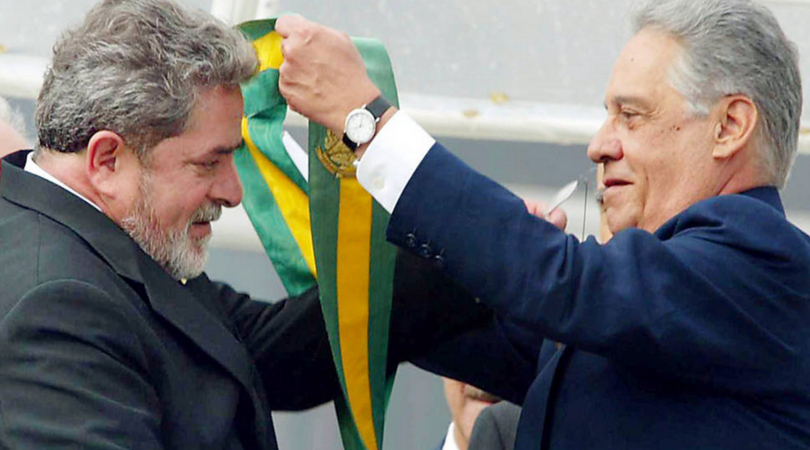Brazil has had seven presidential elections since its return to democracy. In six of them, both the winner and the runner-up came from two parties: the Workers’ Party and the Brazilian Social Democracy Party (PSDB). Will 2018 be the year this duopoly ends? And if so, why?
Brazil has 35 political parties, so such a duopoly is already surprising. Especially since neither is the country’s biggest political family, a title which belongs to the Brazilian Democratic Movement party, which has never managed to hit the 10-percent mark in presidential elections. Conversely, the Workers’ Party and the PSDB have combined for 70-to-90 percent of the votes in the first round of presidential races.
Polls have shown much lower numbers in 2018. According to Datafolha, the Workers’ Party has 39 percent of voting intentions (with Lula as its candidate), while PSDB candidate Geraldo Alckmin can only reach up to 9 percent (when Lula is not on the ballot). The explanation for this impressive drop is the general feeling of anger and disappointment that Brazilians have...


 Search
Search






































